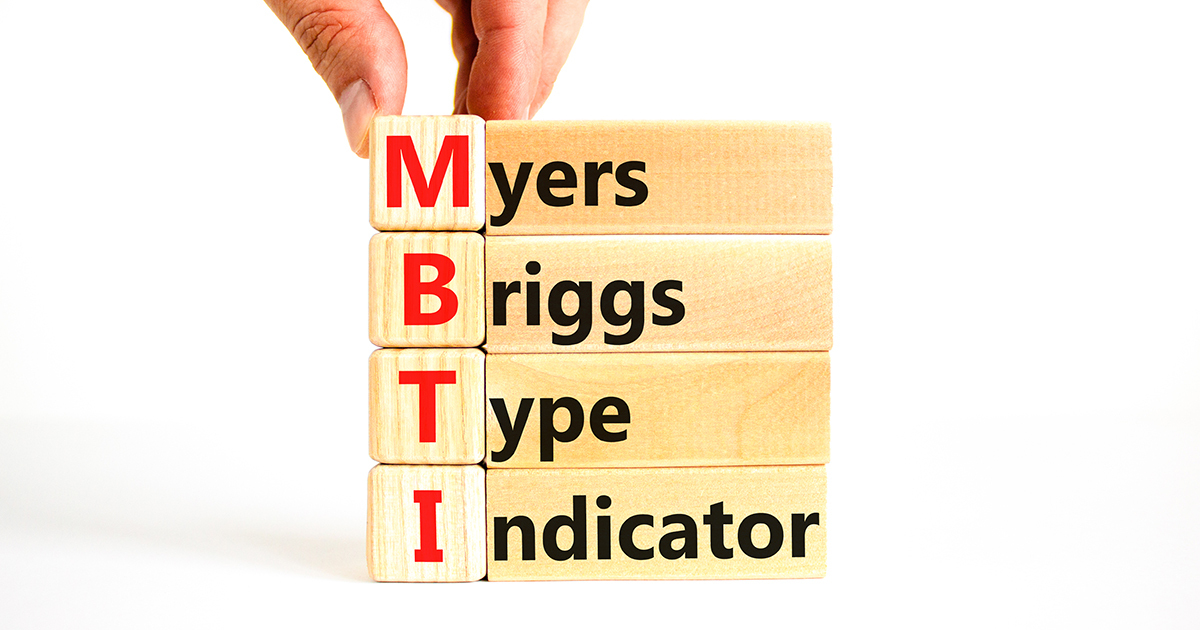Definiation MBTI
The Myers-Briggs Type Indicator (MBTI) is a personality assessment tool based on the theories of psychologist Carl Jung. Developed by Isabel Myers during World War II, the questionnaire was intended to improve working relationships between healthcare professionals, specifically nurses. Myers based the MBTI on Jung's theory of "individual preference," which posits that differences in human behavior are the result of fundamental differences in mental and emotional functioning. Myers believed that these differences could be categorized into four distinct categories: energy, perceiving, judging, and orientation.
The energy category relates to whether individuals tend towards extraversion or introversion. Extraverts draw their energy from external experiences and people, while introverts derive energy from their inner thoughts and ideas. The perceiving category relates to how individuals prefer to gather information, either through sensing or intuition. Sensing types prefer to gather facts before understanding general ideas and patterns, while intuitive types rely on instincts and view problems from a broad perspective. The judging category describes how individuals make decisions, either through thinking or feeling. Thinkers rely on logic and facts, while feelers seek harmony in resolving issues. Finally, the orientation category relates to the preferred lifestyle, whether it's a more orderly and decisive approach (judging) or a more flexible and spontaneous approach (perceiving).
With the combinations of these four categories, a total of sixteen personality types are possible. Each type is represented by a four-letter code indicating the individual's preference in each category. For example, someone with a preference for extraversion in energy, intuition in perceiving, thinking in judging, and perceiving in orientation would have the personality type ENTP.
The purpose of the MBTI is to increase self-awareness and advance through Jung's process of "individuation." This process involves the integration, differentiation, and development of one's traits and skills. By understanding their individual preferences, individuals can analyze and apply them in their personal and professional endeavors.
In conclusion, the MBTI provides a framework for understanding personality differences, enhancing communication and teamwork, and offering personalized insights into strengths, weaknesses, and preferences for career development and self-awareness. By continuously evolving and adapting to new research and understanding of personality psychology, the MBTI remains a valuable tool for leadership development and talent management.






Comments are closed.